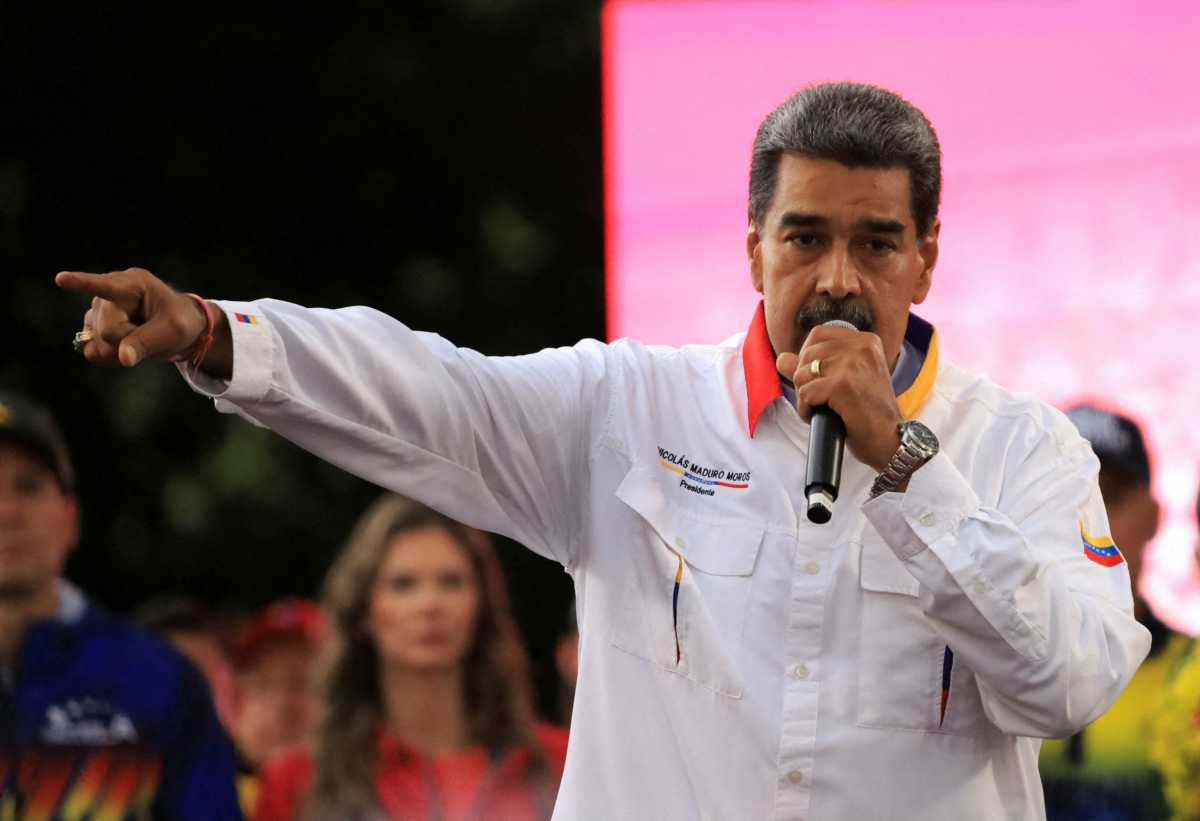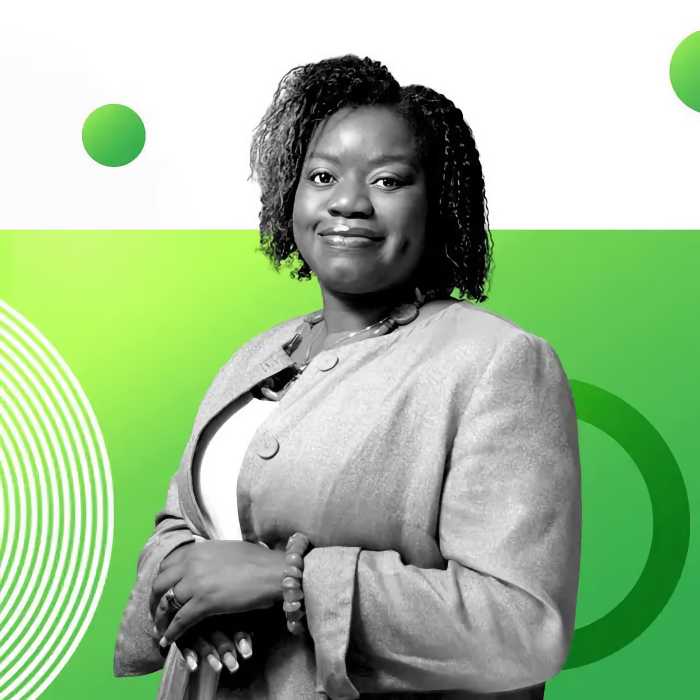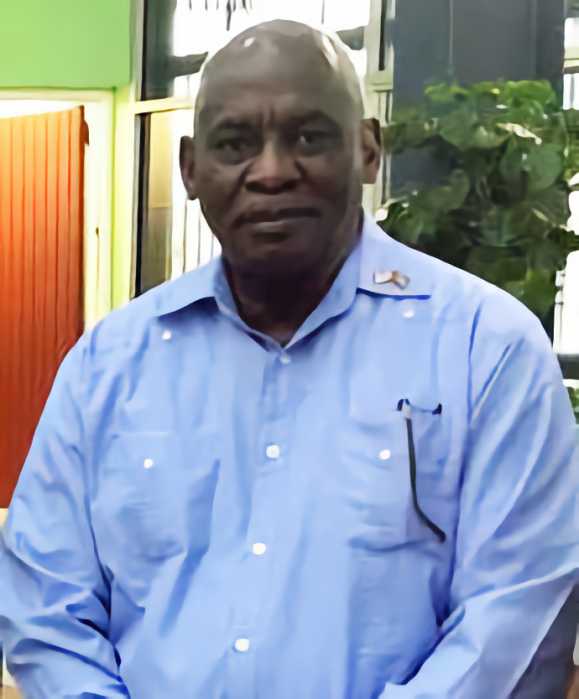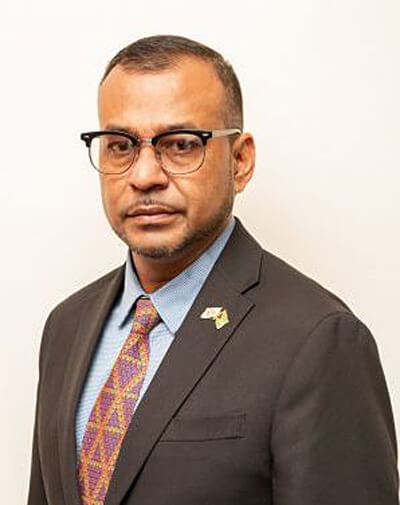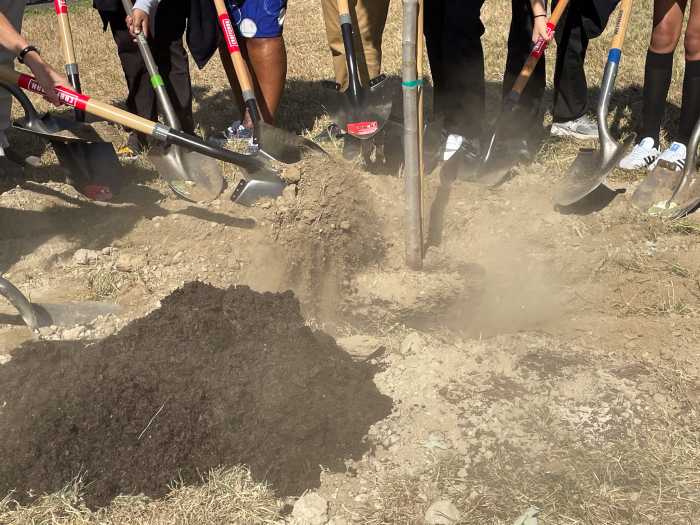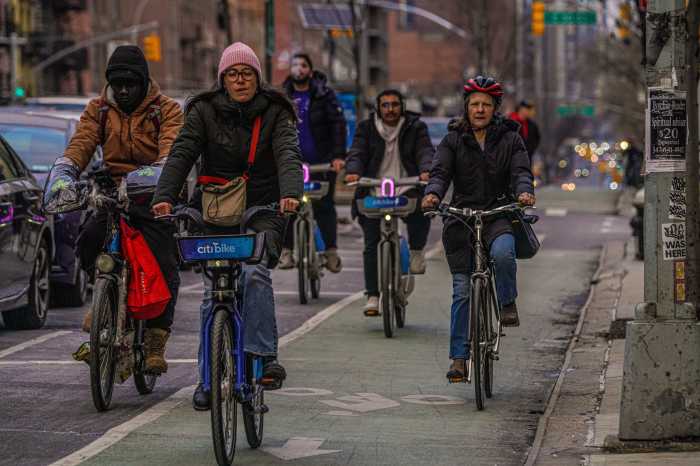Caribbean Community nations have taken different positions on Venezuela’s highly controversial general elections last month, with the regional leadership saying it will remain quiet as a bloc but has no objections to individual member nations weighing in on the polls that returned President Nicolas Maduro and his administration to power for another six years.
But even western and other nations continue to question the results of the polls, CARICOM’s nine-nation sub grouping-The Organization of American States (OECS)-has seen it fit to offer congratulations to Maduro on his ‘win’ in the July 28 elections that was lightly monitored by the international community.
Maduro has several friends in the smaller island nations and can continuously count on the support of several member nations, chief among them from Prime Minister Ralph Gonsalves of St. Vincent and Dominica’s Roosvelt Skerrit as his better friends in the 15-nation Caricom grouping. Gonsalves and Skerrit, two of the longest serving prime ministers in the region, were among the first to congratulate Maduro. Gonsalves has been prime minister of the federation with St. Vincent and the string of Grenadine islands since 2001, while Skerrit has been head of government of the emerald island of Dominica since 2004. These two are the influential heads in the OECS and as well in the larger CARICOM bloc, founded in 1973.
“We stand on the principle that elections must be free as the expression of the will of the people and free from outside interference and they must be fair – contested in good faith and subject to the adjudication of independent mechanisms with relevant safeguards for verification and arbitration of any dispute, all within the framework of the national laws and regulations governing the conduct of elections,” the body said in a statement after a recent meeting. ”We congratulate President Maduro Moros on his victory and re-election to the presidency of the Bolivarian Republic of Venezuela for a third term and urge that every effort be made towards national reconciliation. The OECS further expresses its appreciation of the invaluable solidarity and friendship extended by Bolivarian Republic of Venezuela which has flourished for over two decades,” the sub grouping stated.
CARICOM on the other had said after its leaders summit held in Grenada while the Venezuelan elections were being held and votes were being counted, had made it clear that it had had no plans to say anything as a unified body.
“It’s not an indication that CARICOM is divided on the issue. CARICOM doesn’t have to have a position on the issue. Elections in Venezuela, domestic matters- first, second, Venezuela is not a member of CARICOM. And third, I think we expect, and it has already happened, that members will indicate their positions. We are happy with the fact that the people of Venezuela got the opportunity to exercise their democratic right to engage in elections, and so no, there is no division within CARICOM on the issue. Because there’s really no need for CARICOM to have a division on the issue,” said Chairman Mitchell.
Maduro and late predecessor Hugo Chavez have invested heavily in winning friends and influencing people in the Caribbean, rushing to the aid of several nations in distress in recent decades. For example, Dominica received 300 prefabricated houses, while many nations had benefited from a concessional oil program from Caracas in the past 12 years.
Antigua, Dominica, St. Vincent, Grenada, St. Kitts, St. Lucia are all members of the ALBA grouping formed by Venezuela and Cuba, the Bolivarian Alliance for the Peoples of Our America back in 2004.


